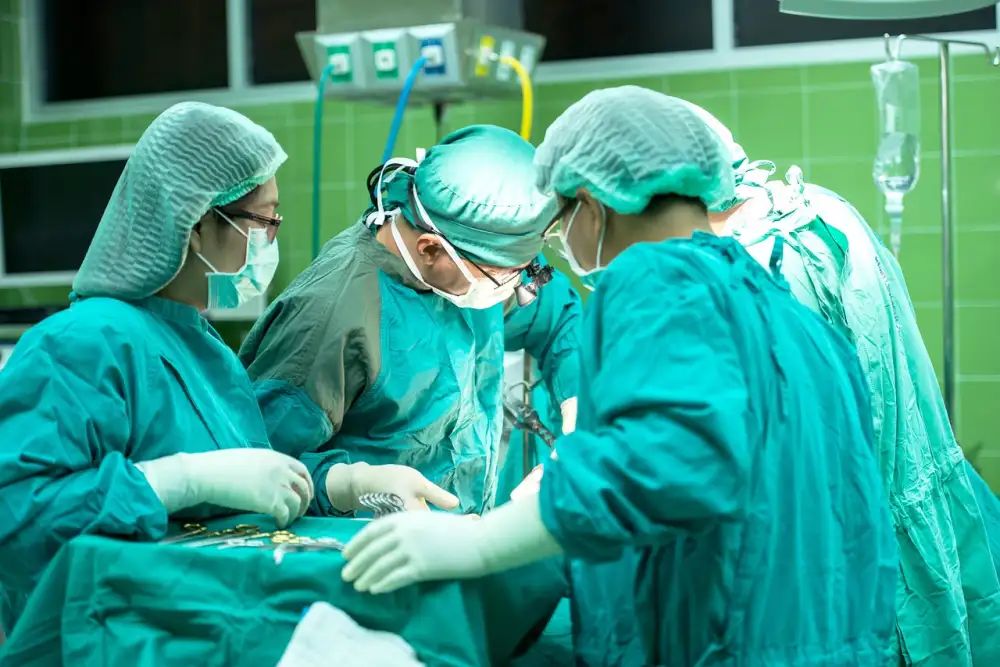Exploring the Safety of Getting a BBL with HIV: What You Need to Know

Introduction to Brazilian Butt Lift (BBL) Procedure:
The Brazilian Butt Lift (BBL) is a popular cosmetic procedure designed to enhance the shape and size of the buttocks using fat transfer techniques. During the BBL procedure, excess fat is removed from areas of the body through liposuction and then injected into the buttocks to create a fuller and more lifted appearance. This technique offers a natural-looking enhancement without the use of implants, making it a sought-after option for individuals looking to achieve a more shapely silhouette. It is important for individuals considering a BBL to understand the process involved and any potential risks associated with the surgery.
Understanding HIV and its impact on surgical procedures
Understanding HIV and its impact on surgical procedures is crucial for individuals considering a Brazilian Butt Lift (BBL). HIV weakens the immune system, making those with the virus more susceptible to infections and complications post-surgery. The virus can also affect wound healing, increasing the risk of surgical site infections. It's important for individuals with HIV to disclose their status to their healthcare provider to ensure proper precautions are taken during the procedure.
Risks and considerations for individuals with HIV considering BBL
Individuals with HIV considering a Brazilian Butt Lift (BBL) should be aware of the potential risks and considerations. HIV weakens the immune system, increasing the risk of infection and delayed wound healing post-surgery. Additionally, individuals with HIV may have lower CD4 cell counts, which are crucial for fighting infections. This can impact the body's ability to recover from surgery and increase the risk of complications such as excessive bleeding, poor wound healing, and infection. It is essential for individuals with HIV to discuss these risks with their healthcare provider before undergoing a BBL procedure.
Consultation with healthcare professionals and specialists
Consultation with healthcare professionals and specialists is crucial for individuals with HIV considering a Brazilian Butt Lift (BBL). It is important to seek guidance from a plastic surgeon experienced in performing surgeries on patients with HIV. Additionally, consulting with an infectious disease specialist is recommended to ensure that the procedure can be safely carried out without compromising the individual's health. These specialists can provide valuable insights and recommendations tailored to the specific needs of the patient, helping them make an informed decision about undergoing a BBL procedure.
Pre-operative and post-operative care for individuals with HIV
Individuals with HIV undergoing a Brazilian Butt Lift (BBL) should follow specific pre-operative and post-operative care guidelines to ensure a safe and successful outcome. Before the surgery, it is crucial to maintain optimal viral suppression through antiretroviral therapy. Additionally, consulting with an infectious disease specialist to assess overall health and immune function is essential. Post-operatively, diligent wound care and infection prevention are paramount. Close monitoring for any signs of infection or complications is necessary, along with strict adherence to prescribed medications and follow-up appointments. A well-rounded approach that addresses both surgical and HIV-specific considerations is key to achieving a positive outcome from a BBL procedure.
Ultimately, the decision to undergo a Brazilian Butt Lift (BBL) procedure when living with HIV requires careful consideration and consultation with healthcare professionals. While advancements in medical technology have made surgical procedures safer for individuals with HIV, there are still risks involved. It is crucial to be open and honest with your healthcare team about your HIV status to ensure the best possible outcome. By weighing the potential risks and benefits, individuals can make an informed decision that prioritizes their health and well-being. Remember, your safety should always come first when considering any surgical procedure.
Published: 02. 05. 2024
Category: Food



